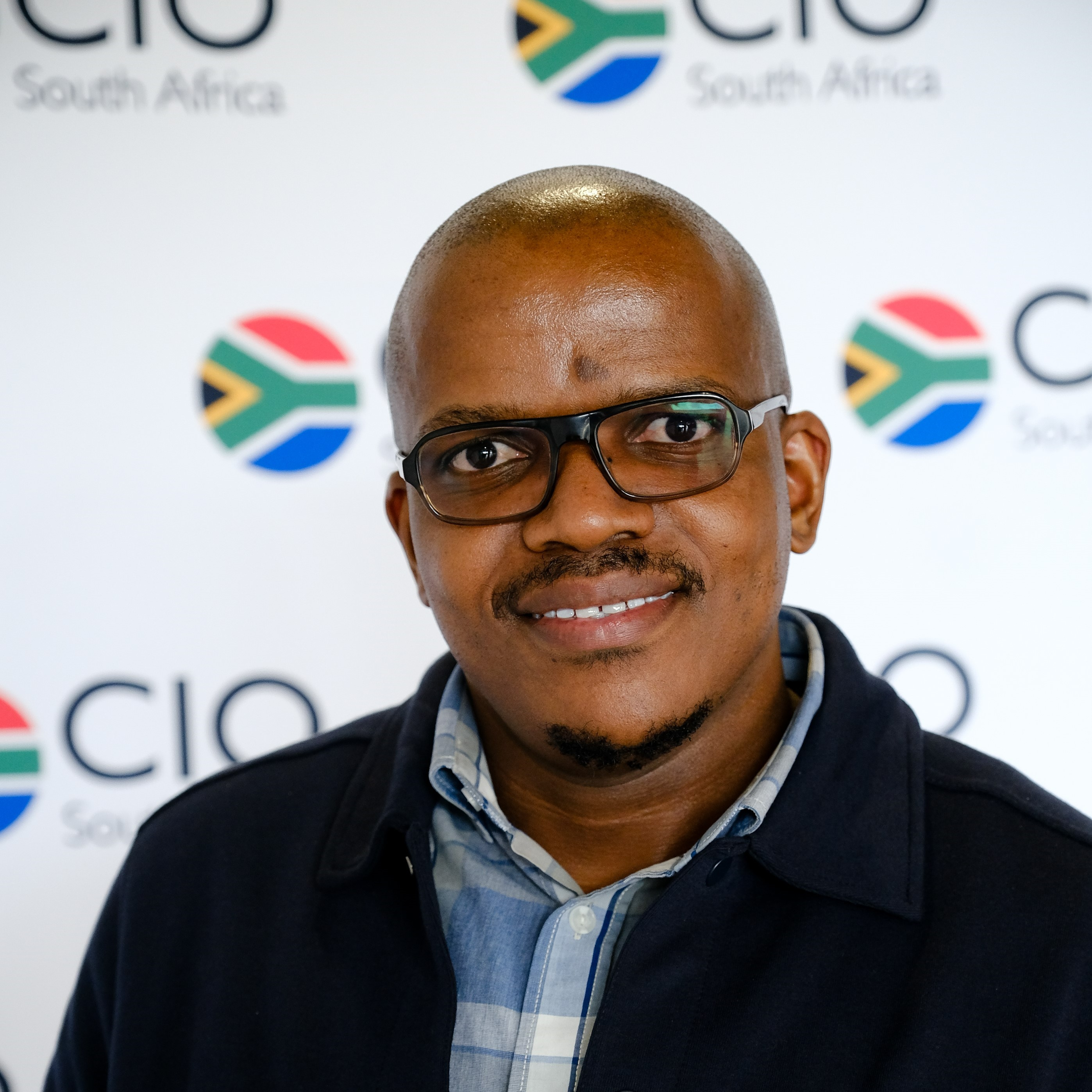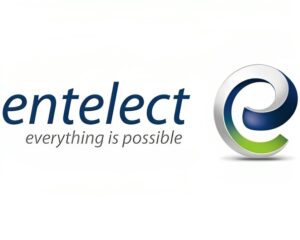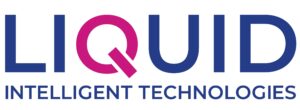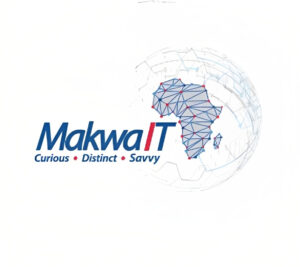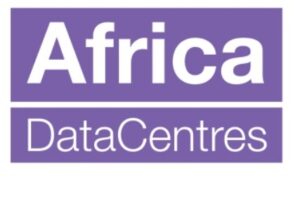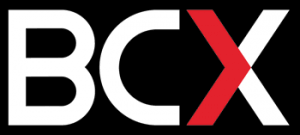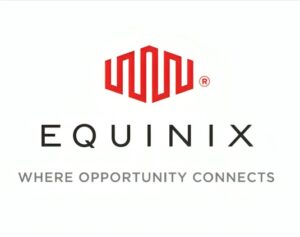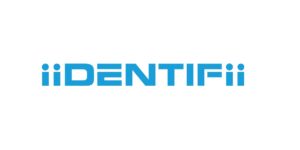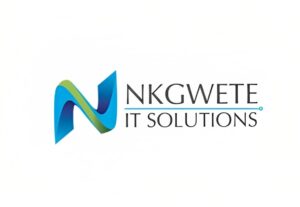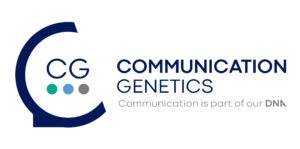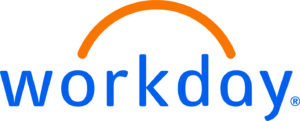He believes that there is a growing pool of young people interested in the exciting world of IT.
“I think IT is the kind of career where you really can develop a multi-disciplinary basket of skills. This includes technical skills for sure, since this is your core competence,” says Conrad Blignaut, group CIO at EOH. “But in addition, softer skills such as people leadership and communication are key.”
Conrad advises aspiring IT leaders never to underestimate the value of gaining as broad an understanding of the business and industry as possible. “I’ve always encouraged our young IT professionals to spend some time in our call centres ─ or visit our branches ─ or spend a day with one of our customer service teams. The value of the future IT leader lies in an intimate understanding of the business, not just IT,” he says.
Conrad believes that any IT leader worth their salt should embrace a mindset of continuous learning. "Our world (technology and business) is evolving so quickly that it is critical for any IT leader to keep ‘sharpening the sword’,” he says.
He also supports the narrative around leveraging the power of relationships, and has discovered the value that building, nurturing and maintaining relationships brings in terms of driving long-term business objectives or business continuity in the aftermath of a global crisis. “Whether that’s the relationships with my team to better understand how to serve them as a leader, or whether it’s defining mutually beneficial relationships with partners and suppliers, and with the business leaders that I partner with, this is the key to being successful, and it is something that I enjoy putting time and energy into.”
Leading innovation
In his day-to-day activities, Conrad is responsible for enabling the technology that supports the businesses in the EOH Group. Included in his list of duties is having fit-for-purpose, modern technology enablement for EOH employees, who service clients located in diverse industries and geographies.
One of Conrad’s key responsibilities is supporting EOH’s digital transformation agenda and positioning EOH as a technology innovator. “I am fortunate to be part of a technology group where innovation is part of our DNA,” says Conrad.
“There is no shortage of innovative ideas and technologies crossing your desk on any given day, and our people at all levels of the organisation are naturally at the forefront of technology developments and innovative thinking as part of their job,” he says. “In the EOH context, an important role that I play is to bring the business context to bear on these ideas to make sure we are clear on the business value..”
Conrad also points out that while there is no shortage of innovative IT professionals, there are, however, certain key priorities that the aspiring CIO needs to focus on. He shares four key priorities currently confronting IT leaders:
Cyber and information security. “At the top of any CIO’s list must be cyber and information security. It is a critical priority for the board, the exco and therefore must be a critical priority for the CIO,” he says.
Digital transformation. “As a CIO, you have to equip yourself to be able to provide thought leadership to the business, and the right execution leadership in partnership with the business,” he says.
The war for digital talent. “Placing a focus on attracting and retaining the best talent is a critical priority, particularly in a market like ours,” says Conrad.
Meaningful partnerships. “In the new digital economy, partnerships are key, often with non-traditional technology and digital providers,” he says. “The CIO’s role is key in selecting the right partners – particularly with the right cultural fit and alignment – and setting up effective partnerships that drive mutually beneficial relationships.”
The evolution of the CIO
Conrad says today’s IT leaders are both technology evangelists and business partners and must seek to understand the business that they serve. “This is critical – the IT leader is no longer valued as a specialist in their field,” he says. “In the world that we live in today, the IT leader has to deeply understand their business and focus on the application of technology to innovate and drive competitiveness.”
The role has become far more outward looking, he says, and anticipates that the trend will continue, as more and more of the back-office functions are sourced rather than directly managed.
For Conrad, nothing can be compared to the satisfaction that comes with starting a project and seeing it through to completion. “In one of my previous roles, leading a South African team based in Cape Town in maintaining and developing one of the UK’s most successful investment platforms, is one such example. Another is having led a complex technology transformation with an offshore partner to deliver measurable savings of over R100 million to the business,” he says.
While those accomplishments were primarily related to business success, initiatives aimed at improving people's lives are also near and dear to his heart. “I am passionate about youth skills development and have also been very privileged to have been involved in multiple programmes with academic institutions such as UCT, local government and the private sector,” he says.
“These programmes were focused on providing a ‘bridging’ opportunity for unemployed graduates (in fields with an over-supply of skills) into a career in information technology.”
Leaving a legacy
Conrad wants to leave a legacy, and that is to be seen as someone who remained genuine and served others instead of his own interests. “My aspiration is above all to be an authentic leader: I also strongly subscribe to the servant leadership philosophy and would like to be seen as empowering and enabling my team to make the best contribution that they can,” he says.
“I’m not one to micro-manage. I see my responsibility as providing clarity and direction, and then getting out of the way to allow my team to do what they are good at and serving them by removing obstacles.”
Conrad has also benefited from mentorship throughout his career and continues to communicate with some of his mentors. These experiences, he believes, have had a significant impact on his professional development.
“My most valuable mentorship relationships have been my more informal ones with other business leaders. Several amazing leaders come to mind,” he says. “They’ve helped to give me an ‘outside-in’ perspective of the role of technology in business, to see what we do as technology professionals from a business perspective, in addition to giving me excellent career and development advice, particularly based on their own career journeys and experience.”
Conrad prefers the hands-on approach, and never wants to be experienced as a leader who has no understanding of the function or subject matter that he manages. “I try to keep things simple and make sure that as a leader I’m providing sufficient clarity and direction that serves my team members in delivering to their best potential,” he concludes.



